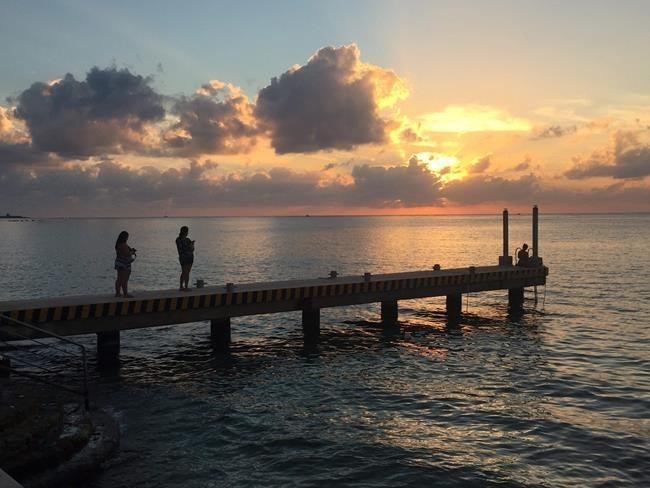As Canada slowly emerges from pandemic lockdown measures, bookings and inquiries at Kristin Hoogendoorn’s travel business have exploded.
The travel adviser said people are flocking to lock in a winter holiday in warmer climates like the Caribbean, and said Canadians may want to consider booking sooner rather than later so they don’t miss out.
Travel agents say the coming vacation seasons will be like no other in previous years, since hotels and airlines will still be getting back on their feet. With fewer airplanes in the sky and a limited number of hotels and resorts available, Hoogendoorn said people who wait to book could find that some options are sold out, while others jump in price.
“Now is absolutely the right time to book, we’re seeing the supply is not great because there’s no federal opening plan for travel, and the demand is really high,” said Hoogendoorn, who works for Centre Holidays and said prices are already starting to creep up from mid-pandemic lows.
“And there are certain tour operators… that have cancellation policies where you are able to get your money back if you cancel within a certain time frame, so it’s really low risk, and if it works out, then you got in early.”
Richard Vanderlubbe, president of tripcentral.ca, said those easygoing cancellation policies will not stick around for long, since companies won’t feel the need to offer them when travel stabilizes.
And both Vanderlubbe and Hoogendoorn say there’s reason to believe that prices will continue to go up for travel to resort destinations in the coming months, simply because of all the pent-up demand.
Vanderlubbe said it can be easy to cancel if you book an all-inclusive package that includes every part of your travel, but it’s important to read the fine print to ensure that the cancellation policy is flexible enough for your risk appetite.
For people who’d rather wait than book a trip that may get cancelled because of the pandemic, Vanderlubbe said there are certain destinations that may stay cheap for some time yet.
He pointed out that business travel for things like conferences and meetings will likely not resume to normal for a while, and that means flights and hotels for larger cities like New York or Chicago will still see a shortage of travellers compared to previous years.
“Usually it was, if you want to go to New York, you were paying sky high rates during the week, and the weekend was cheaper,” said Vanerlubbe, who said hotels will be looking to fill the lack of corporate travellers.
“It’s all going to flip I think as they market to leisure customers.”
He said the same could apply to large European cities like London.
“If you’re looking to travel to a destination where a lot of people flew for business… there could be a glut of airline seats.”
Regardless of where and when you decide to start travelling again, Hoogendoorn said people should consider using a travel adviser, even if they haven’t in the past.
She pointed out that there are a myriad of changing restrictions and protocols that people will have to pay attention to when booking, and an adviser can help decipher what all that means for your trip.
“Although the entry requirements here might change… you’re still going to have entry restrictions going into other countries, and people just don’t know what they are,” said Hoogendoorn.
“It’s very unclear when you look online, so it’s better to have a professional and somebody who understands those requirements so you’re not stuck at the border going, “well I guess I can’t go anywhere.”
This report by The Canadian Press was first published June 17, 2021
Salmaan Farooqui, The Canadian Press



